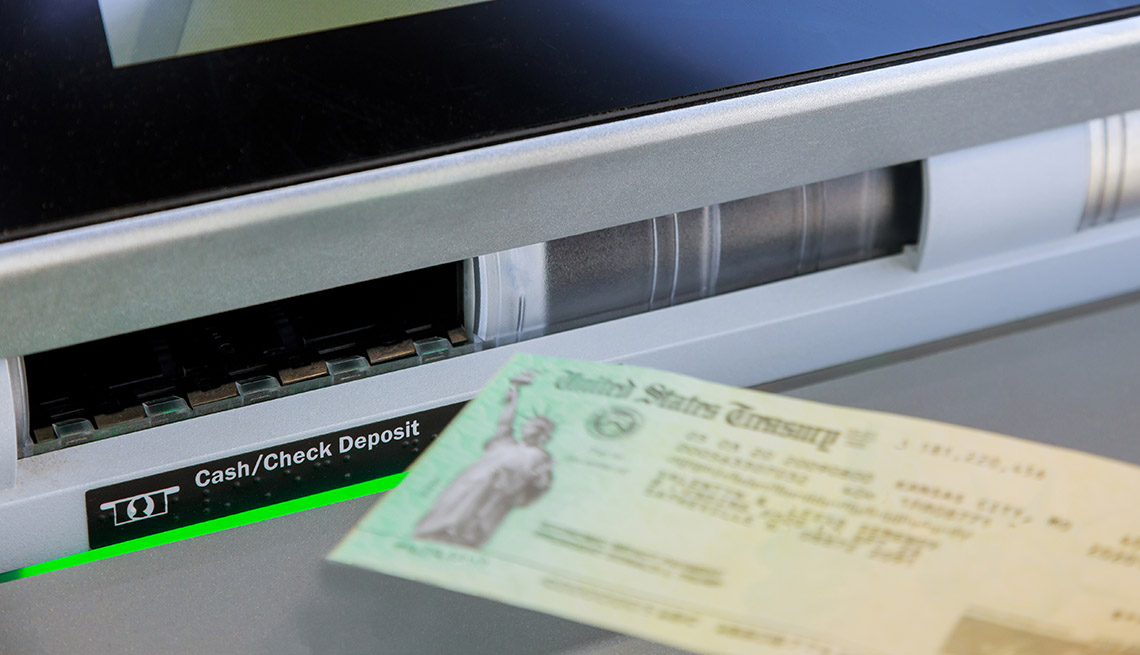
- Select a language for the TTS:
- UK English Female
- UK English Male
- US English Female
- US English Male
- Australian Female
- Australian Male
- Language selected: (auto detect) - EN
Play all audios:
The Broad Institute of MIT and Harvard lied about who invented the use of CRISPR genome editing in animal cells, and its lead CRISPR scientist Feng Zhang made statements to the patent office
that he knew were “untrue,” attorneys for the University of California and its partners claim in legal documents filed Tuesday night with the U.S. Patent and Trademark Office. In strikingly
tough language, the lawyers accused the Broad of trying to “deceive the Office” in order to win patents on the revolutionary technology, claimed another Broad scientist made a “materially
false declaration” about when Zhang’s lab got CRISPR to work, and argued that Zhang didn’t know what molecules the genome editor needed until he read a rival’s key paper — all of which makes
Zhang’s work “unpatentable.” The filing is the latest development in a heated fight that will decide who was the first to turn the bacterial immune system CRISPR into an editor of the
genomes of eukaryotes, organisms such as plants and animals whose DNA is contained within a cell nucleus. That use of CRISPR is the basis for essentially all of the medical and agricultural
applications being developed by companies and others, and so represents a potential goldmine. STAT+ Exclusive Story Already have an account? Log in THIS ARTICLE IS EXCLUSIVE TO STAT+
SUBSCRIBERS UNLOCK THIS ARTICLE — PLUS IN-DEPTH ANALYSIS, NEWSLETTERS, PREMIUM EVENTS, AND NEWS ALERTS. Already have an account? Log in Individual plans Group plans View All Plans To read
the rest of this story subscribe to STAT+. Subscribe







